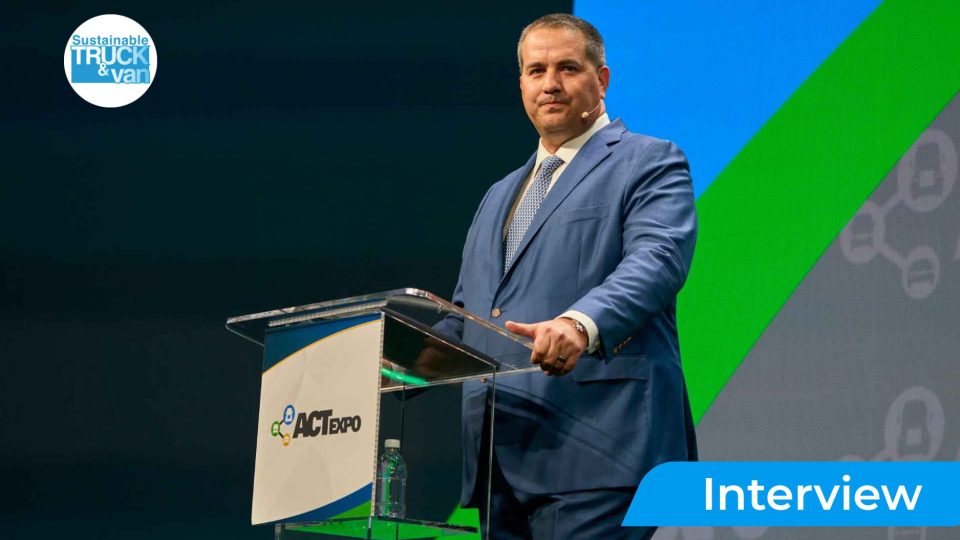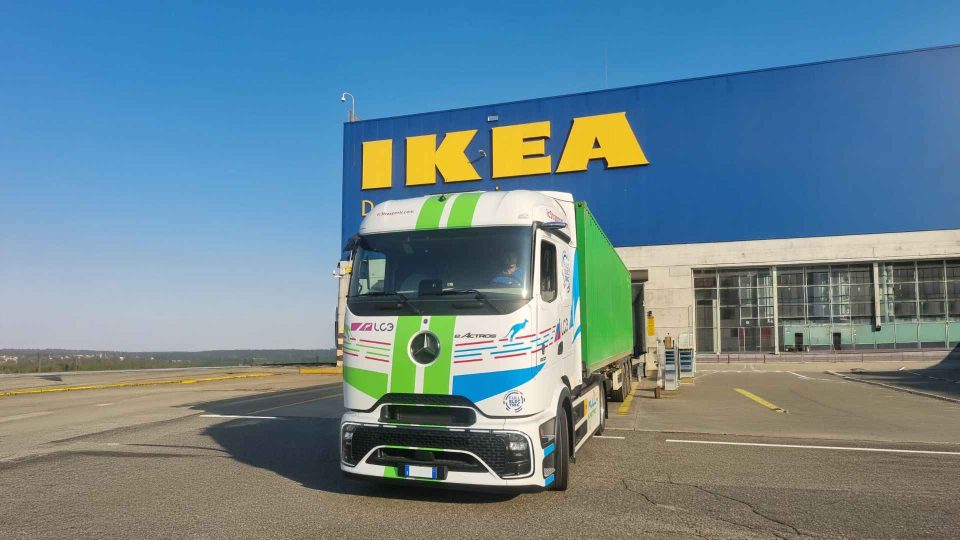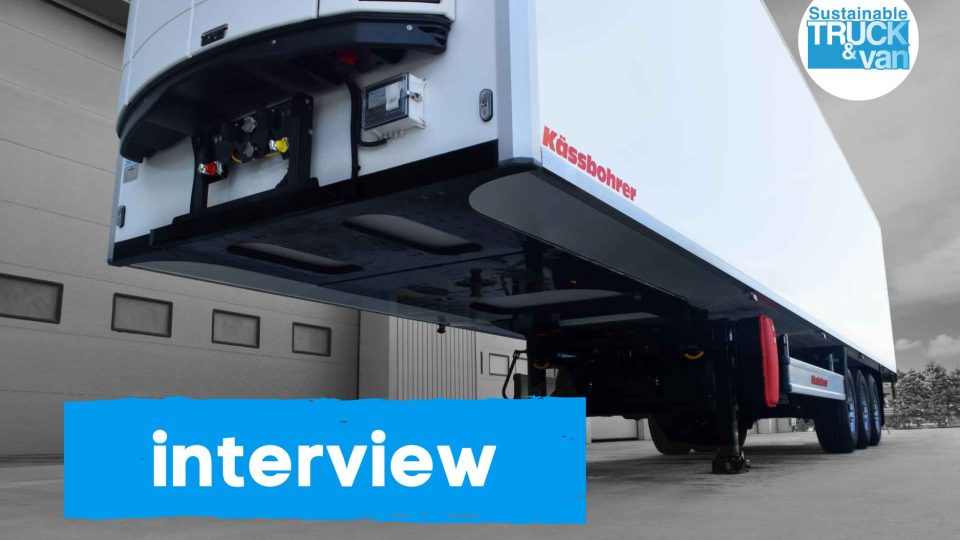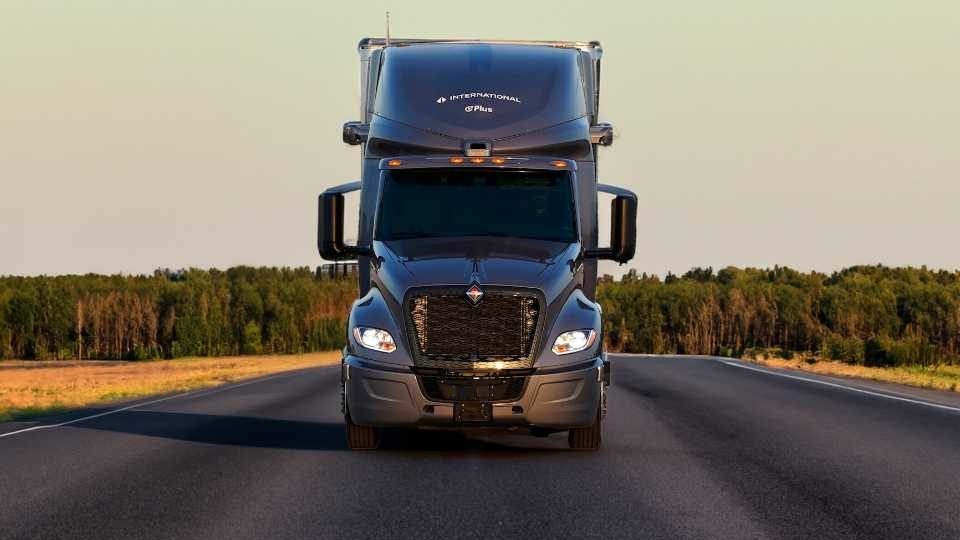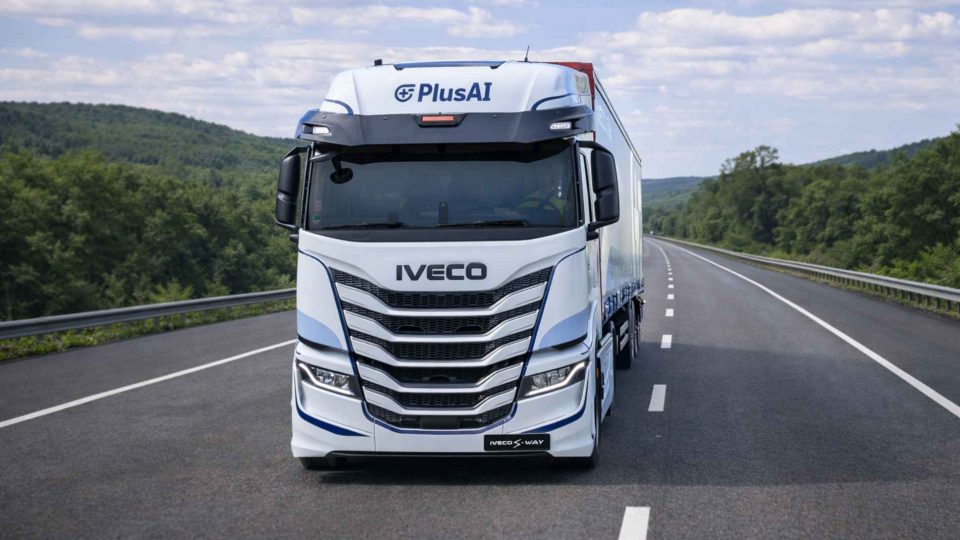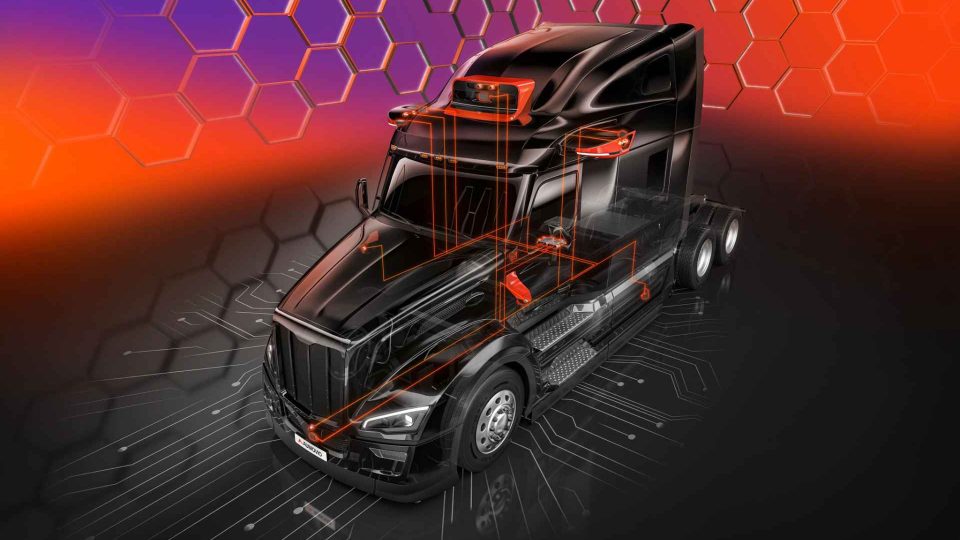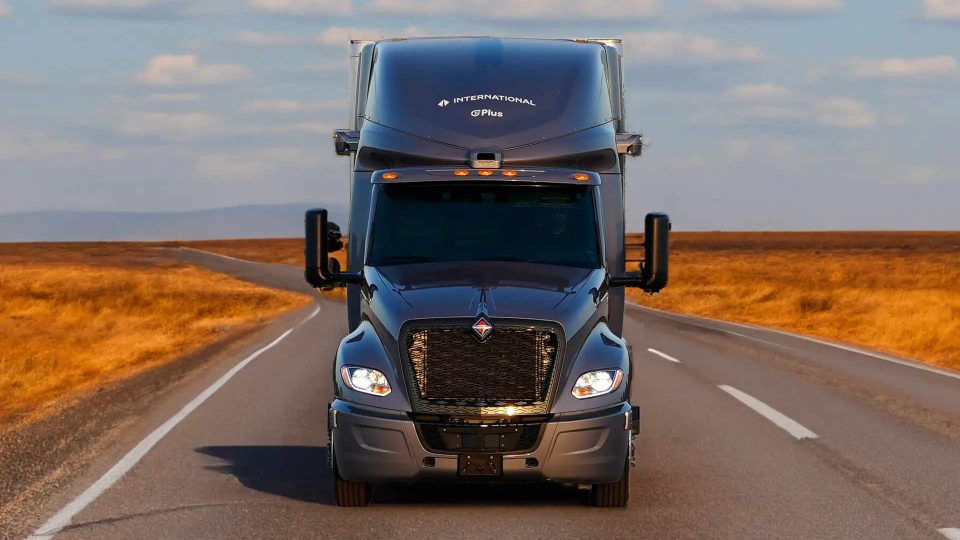Autonomous driving, the trial phase of the ATLAS-L4 project ended. Next step? The vehicles on public roads
The ATLAS-L4 research and development project required three years of research work by around 150 engineers lay the foundation for future series applications for Logistics 4.0. MAN Truck & Bus, Knorr-Bremse, Leoni, Bosch, Fernride, BTC Embedded Systems, Fraunhofer AISEC, Technical University of Munich, Technical University of Braunschweig, TÜV SÜD, Autobahn GmbH and the Würzburg Institute of Transport Sciences (WIVW GmbH) have joined forces for this project.
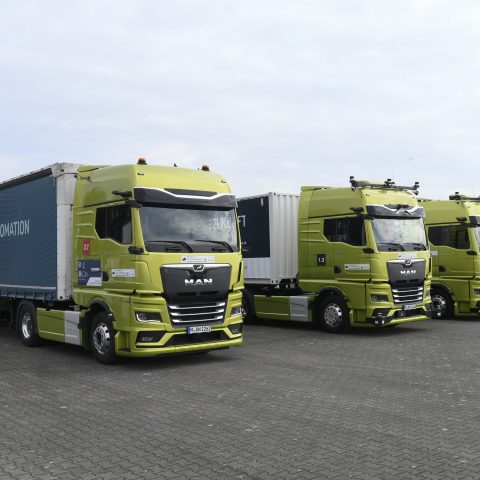
The trial phase of the ATLAS-L4 project, addressed at developing autonomous driving solutions in the truck sector, has come to an end. Now, the driverless trucks are closer to the next stage of tests on public roads in Germany. Let’s recall what the ATLAS-L4 project is and which companies and institutions are involved.
The ATLAS-L4 research and development project required three years of research work by around 150 engineers lay the foundation for future series applications for Logistics 4.0. MAN Truck & Bus, Knorr-Bremse, Leoni, Bosch, Fernride, BTC Embedded Systems, Fraunhofer AISEC, Technical University of Munich, Technical University of Braunschweig, TÜV SÜD, Autobahn GmbH and the Würzburg Institute of Transport Sciences (WIVW GmbH) have joined forces for this project.
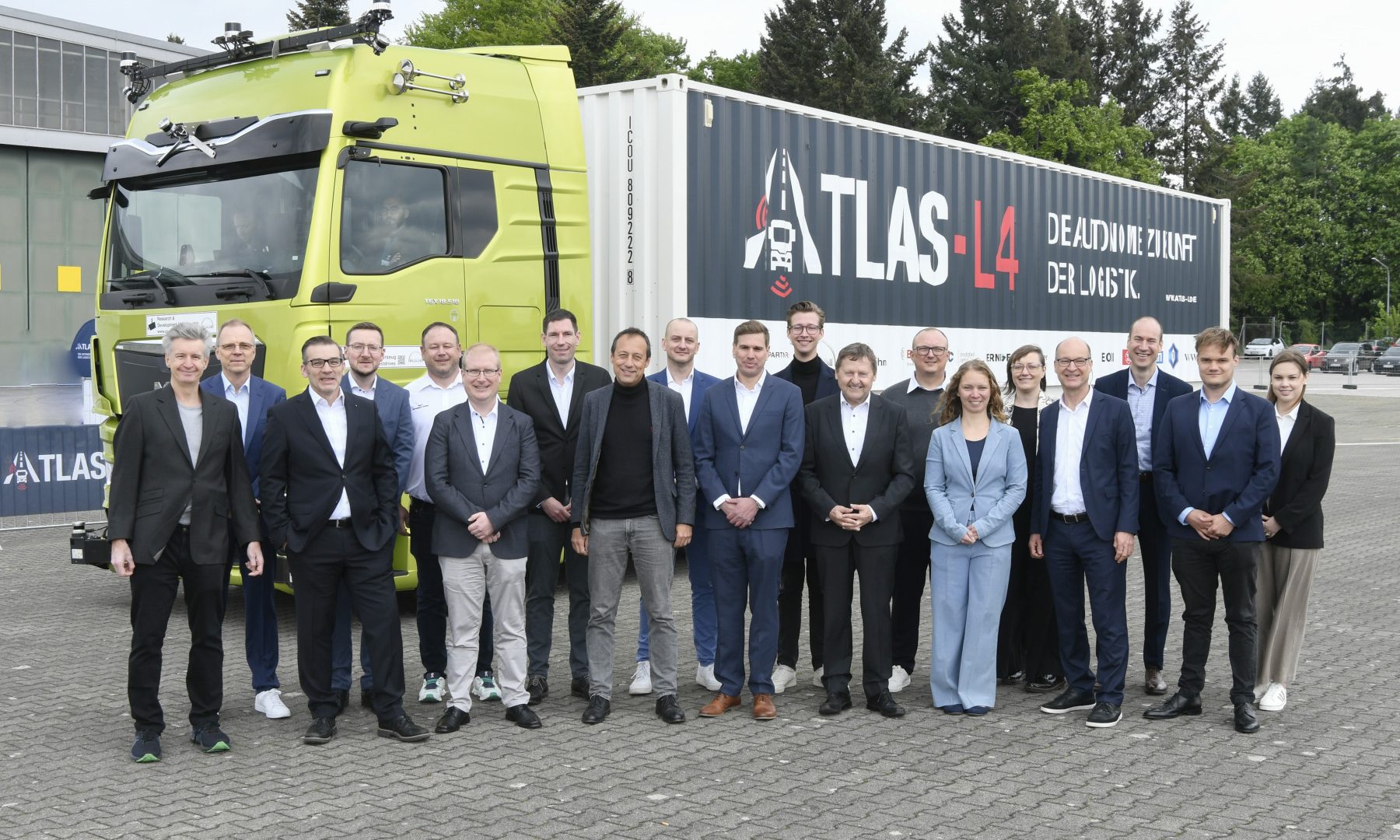
The ATLAS-L4 autonomous driving project: targets and next steps
The consortium had set itself a clear goal in the project, which was funded by the Federal Ministry for Economic Affairs and Climate Protection and had a total budget of 59.1 million euros: to bring a level 4 automated and thus autonomously driving truck for hub-to-hub transport onto the motorways. The starting signal for ATLAS-L4 was given on 1 January 2022.
The consortium was able to tick all the project objectives: The safety-relevant components for the Level 4 architecture, such as the redundant braking system, on-board network and steering system, were installed. A validation concept was drawn up and the control centre for technical supervision was put into operation at the same time. Risk analyses and safety considerations for Level 4 – including cyber security, for example in the form of authentic and encrypted communication, as well as the definition of functional safety measures such as redundancies and degradation concepts for the autonomous driving system – took place. The result: a prototype technology as a blueprint for further projects and series developments.
Now, the work of ATLAS-L4 can therefore be used as a basic concept for future industrial developments, although various detailed questions still need to be clarified for an autonomous truck in series production, which the project has revealed. “We have done valuable pioneering work by providing practical proof of the technical feasibility of autonomous trucks,” said project coordinator Sebastian Völl, MAN Truck & Bus. “These concepts are now being incorporated into further development work for the series development of autonomous trucks.”



